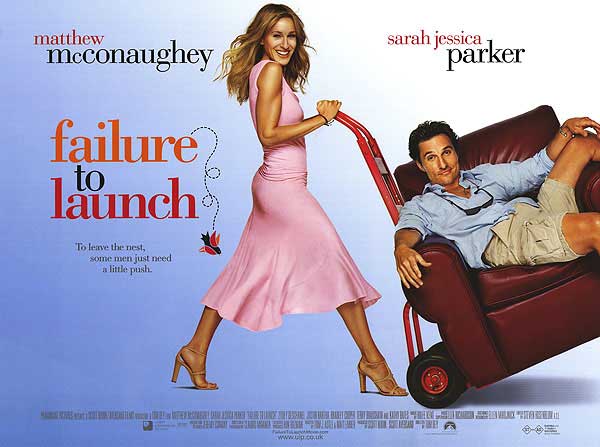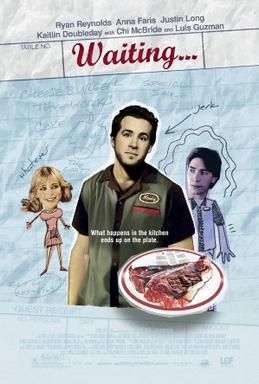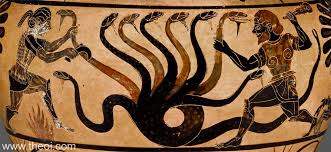Russian Food Embargo
On Aug. 18, the Russian police busted a cheese smuggling ring worth more than 30 million dollars. The smugglers managed to get rennet, which is an enzyme used in the cheese making process, into the country to make cheese similar to Western cheese and sell it in stores. Police raided 17 warehouses, homes, and offices where they found 470 tons of rennet and machines to make counterfeit labels for the cheese. Six people have been arrested for connection with the smuggling ring, but they have not been identified.
Cheese isn’t the only food banned from Russia. Since the ban on most Western foods, more and more people have taken to a life of crime smuggling contraband foods into Russia. So far, 321 tons of animal products, and 592 fruit and vegetable products have been seized. Of the 321 tons of animal products, only 48 tons have been destroyed. Almost all of the fruit and vegetable products have been destroyed. The Russian government has made the destroying of contraband foods a public display, using steam rollers or bulldozers to crush wheels of cheese, meat, or produce.
The food ban in Russia has been attributed to recent Western sanctions on bank accounts of Russian officials and Russia’s arms exports. Russia has halted all imports from Western countries, including beef, pork, fruits, vegetables, and dairy products.
Russia is the world’s fifth largest agricultural importer and still heavily relies on food from abroad. This food ban isn’t just an inconvenience to imported food lovers, it also creates a problem for food supplies. Experts are already expecting inflation to rise in Russia to a higher percentage than the current 7.5%. Prices on food will most likely increase drastically. Russian citizens still have access to some Western alcohol, pasta, and bread, but if the current trend continues, all foods may soon be banned.

Hannah Alexander is a senior in her third year on the Parnassus staff. Hannah is very involved in marching band, pep band, and symphonic band. She is also...













